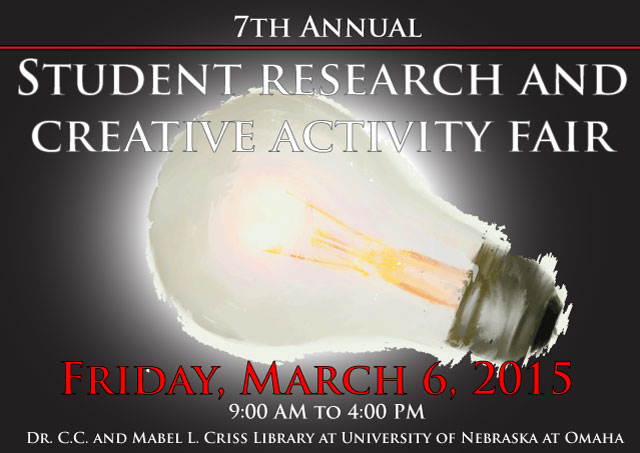
Where do I fit in? Gender Differences and Barriers to Interest and Perceived Belonging in Science Careers
Advisor Information
Carey Ryan
Location
Dr. C.C. and Mabel L. Criss Library
Presentation Type
Poster
Start Date
6-3-2015 2:00 PM
End Date
6-3-2015 3:30 PM
Abstract
Women and men exhibit similar ability (Ceci et al., 2009) and preparedness for science fields going into college (Morgan et al., 2013), indicating that the gender gap in science fields is more likely due to other factors, for example, differences in interest (Diekman & Steinberg, 2013; Eccles, 2011), biased treatment (Moss-Racusin et al., 2012), and potentially differences in perceived fit and belonging. We recruited 121 undergraduates to examine gender, person-thing orientation, belonging, and career aspirations to math/natural science (MNS) and social science (SS) fields. Results revealed no gender differences in perceived ability or in person orientations, but men (vs. women) had stronger thing orientations. Overall, person orientation and belonging in SS courses were associated with SS career aspirations, whereas thing orientation and belonging in MNS courses were associated with MNS career aspirations. However, the latter effects depended on gender; thing orientation predicted greater interest in MNS only among women. Additionally, this interaction between gender and thing orientation further depended upon feelings of belonging in MNS courses. Among women, thing orientation predicted stronger MNS career aspirations only if they perceived themselves as belonging. Among men, this relationship did not depend on belonging. Although traits, such as thing orientation, may make careers in MNS more appealing to women (and men), a lack of belonging may be especially likely to deter even those women who are thing- oriented.
Where do I fit in? Gender Differences and Barriers to Interest and Perceived Belonging in Science Careers
Dr. C.C. and Mabel L. Criss Library
Women and men exhibit similar ability (Ceci et al., 2009) and preparedness for science fields going into college (Morgan et al., 2013), indicating that the gender gap in science fields is more likely due to other factors, for example, differences in interest (Diekman & Steinberg, 2013; Eccles, 2011), biased treatment (Moss-Racusin et al., 2012), and potentially differences in perceived fit and belonging. We recruited 121 undergraduates to examine gender, person-thing orientation, belonging, and career aspirations to math/natural science (MNS) and social science (SS) fields. Results revealed no gender differences in perceived ability or in person orientations, but men (vs. women) had stronger thing orientations. Overall, person orientation and belonging in SS courses were associated with SS career aspirations, whereas thing orientation and belonging in MNS courses were associated with MNS career aspirations. However, the latter effects depended on gender; thing orientation predicted greater interest in MNS only among women. Additionally, this interaction between gender and thing orientation further depended upon feelings of belonging in MNS courses. Among women, thing orientation predicted stronger MNS career aspirations only if they perceived themselves as belonging. Among men, this relationship did not depend on belonging. Although traits, such as thing orientation, may make careers in MNS more appealing to women (and men), a lack of belonging may be especially likely to deter even those women who are thing- oriented.

Additional Information (Optional)
Winner of Outstanding Graduate Poster Presentation